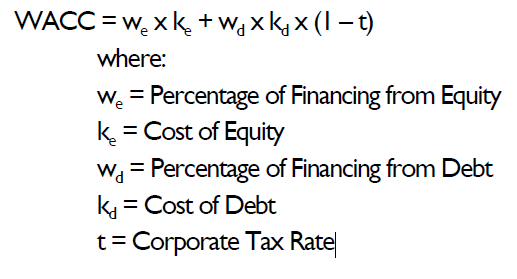Winston
Platinum Member
/——/ You don’t have to pay for tax cuts. Letting people keep more of their own money costs nothing. You Socialist tool.the only place this bill is gonna create a job is in China! we're borrowing money from China to give a tax cut to the wealthiest Americans!
Then why the hell bother to get up in the morning and go to work. Because not going to work costs you nothing.


